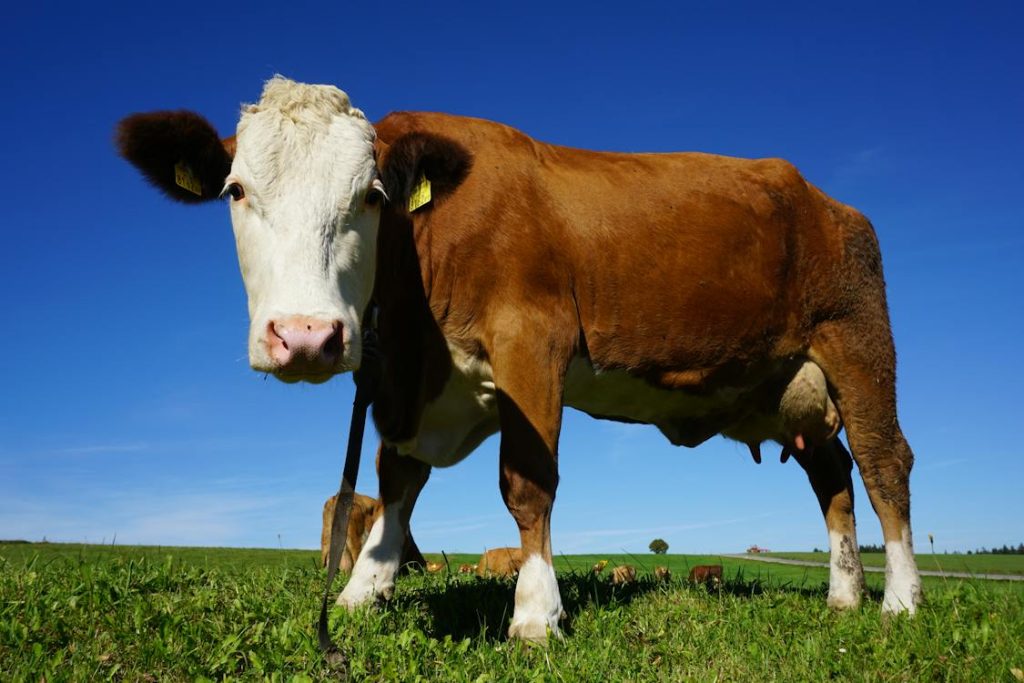In a letter sent on Thursday, members of Congress have urged the Biden administration to exclude projects capturing methane from farm livestock manure from eligibility for farm conservation dollars under the Inflation Reduction Act (IRA), a key component of the President’s climate law. The IRA, passed last year, allocates $18 billion for climate-smart farming practices designated by the Department of Agriculture, aiming to address the agriculture sector’s contribution of around 10% to U.S. greenhouse gas emissions, primarily from livestock and fertilizer use.
The letter, signed by 15 lawmakers, including Democrats Senator Cory Booker and Representative Alma Adams, highlights concerns about the environmental impact of capturing methane from animal manure. The letter suggests that the process, involving infrastructure to separate, store, and process waste, may not be in line with sustainable and humane agricultural practices.
“We oppose the inclusion of these practices, which further entrench the unsustainable, inhumane industrial model by funneling a significant portion of conservation dollars to a handful of large producers instead of supporting more small and mid-sized producers,” stated the letter, as reported by Reuters.
The lawmakers propose that the USDA’s conservation sub-agency should reconsider certain biogas infrastructure, such as waste storage facilities, and exclude them from the list of practices eligible for federal support.
While supporters argue that livestock biogas projects contribute to climate change mitigation and provide an additional income source for farmers, opponents, including environmental groups, contend that these initiatives may lead to the expansion of farms, resulting in increased pollution.
As of now, the USDA has not provided an immediate response to the letter’s request for comment. Simultaneously, some Republican lawmakers from farm states are advocating for the reallocation of IRA conservation dollars to a broader range of practices, potentially causing further delays in the federal farm funding bill, which is already overdue.

